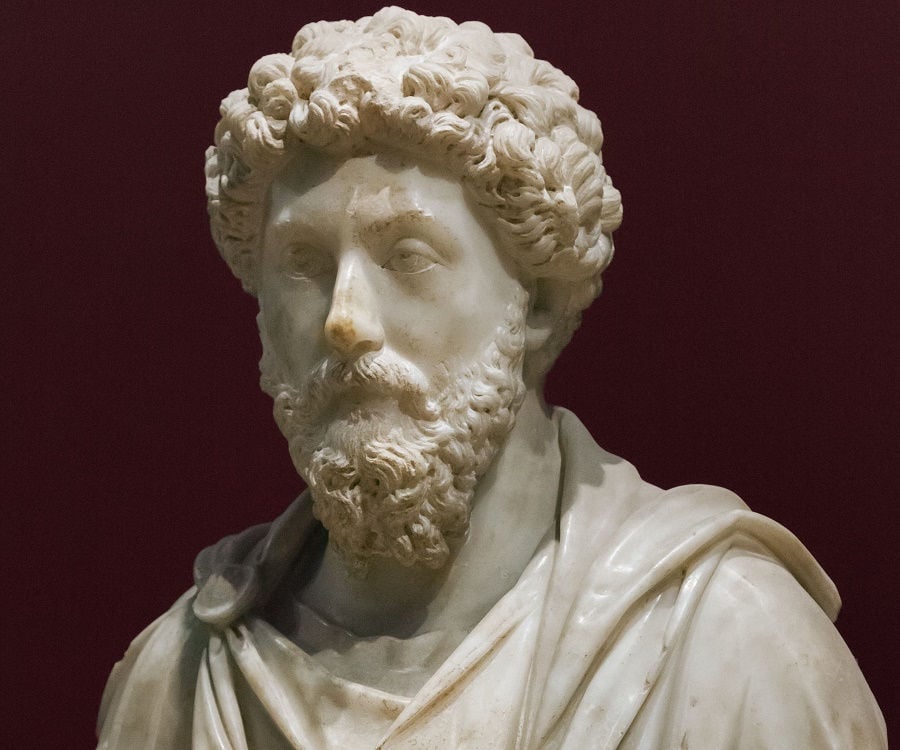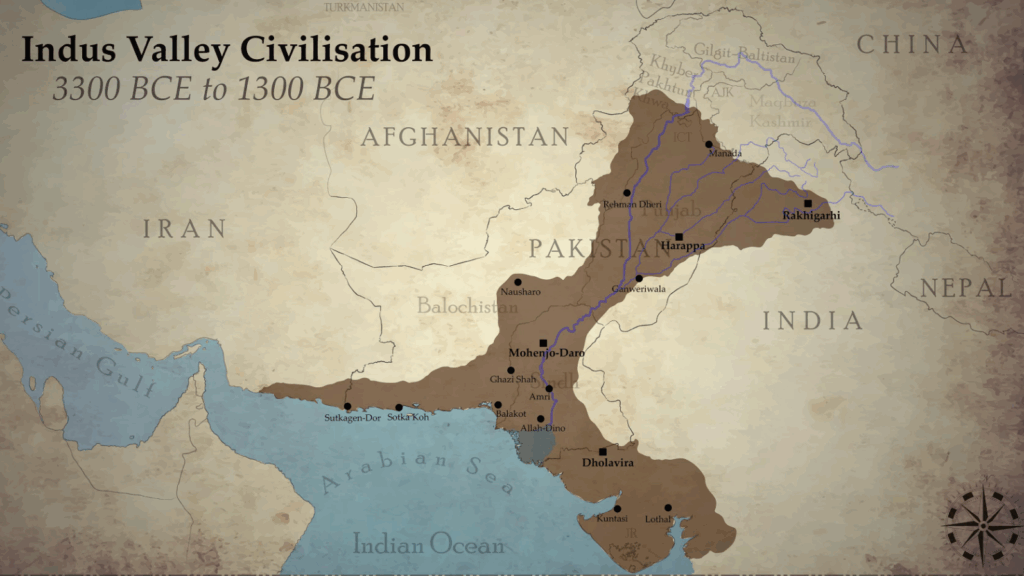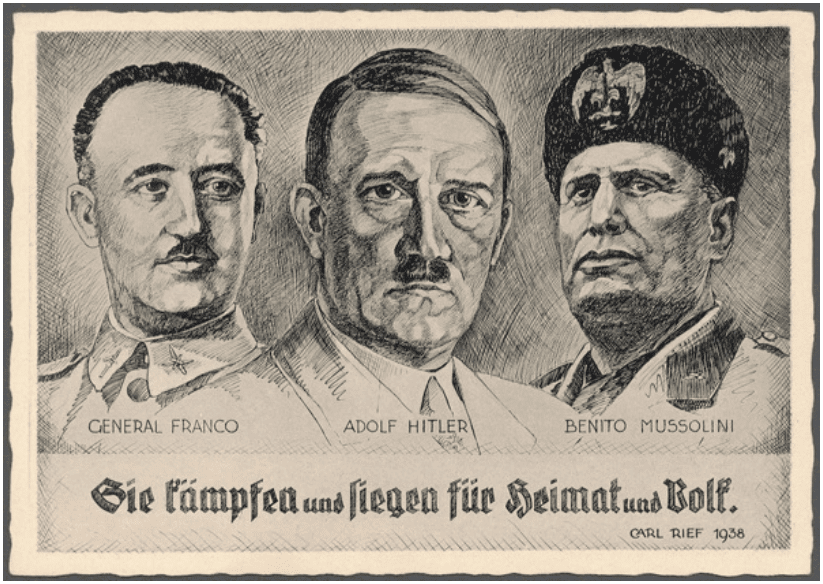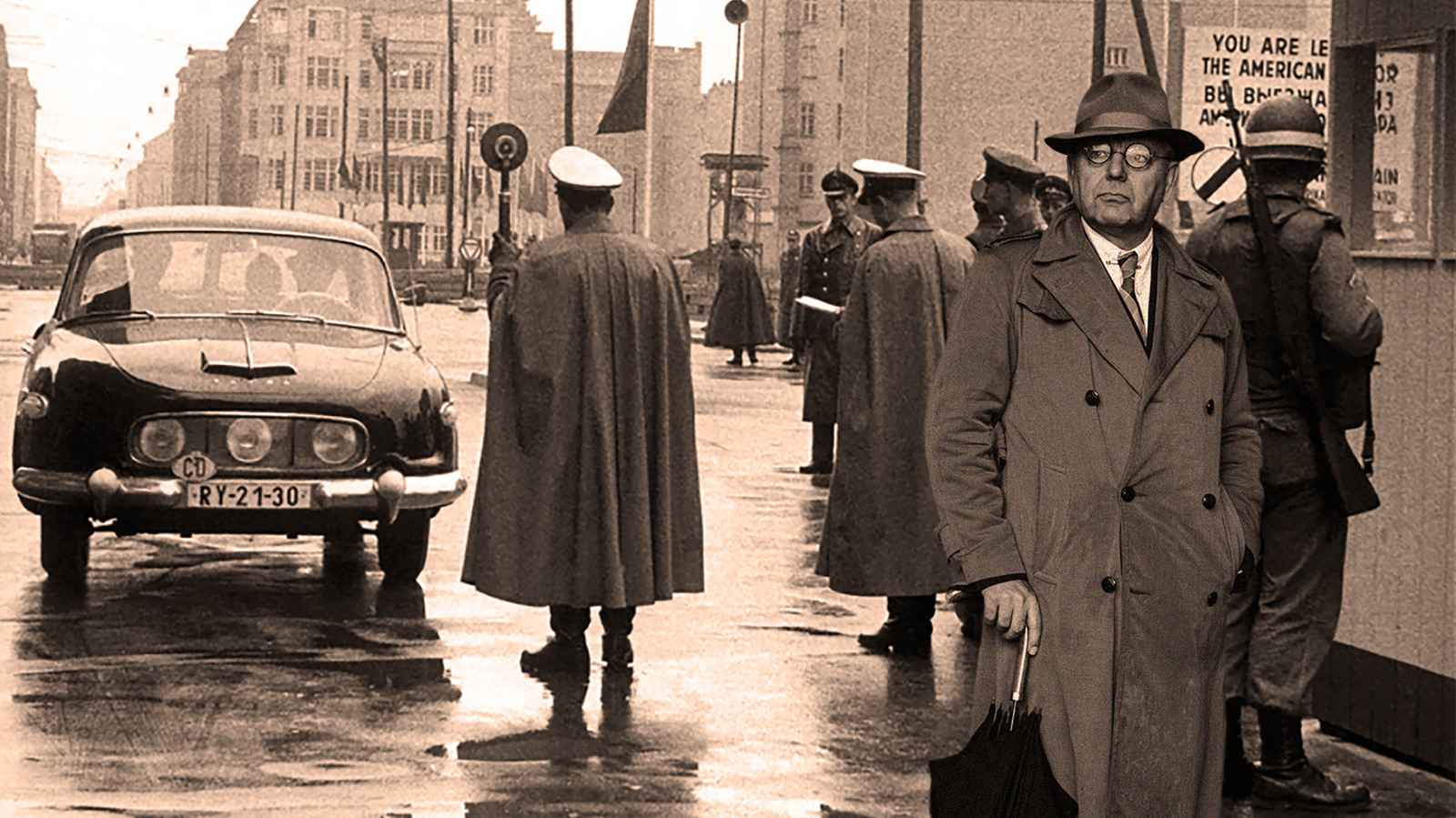Best Roman Emperors of All Time: The Untold Truth
The Roman Empire, one of the greatest civilizations in human history, was shaped by the ambitions, intellect, and ruthlessness of its emperors. From military masterminds to political reformers, the legacy of these powerful figures still echoes through modern governance, warfare, and culture. In this article, we’ll uncover the Best Roman Emperors of all time, exploring their achievements, influence, and the untold truths behind their reigns.
Whether remembered for expanding Rome’s borders, revolutionizing its administration, or simply surviving the cutthroat politics of imperial rule, these legendary rulers defined an era. Join us as we journey through centuries of intrigue, power, and legacy—highlighting the emperors who truly earned their place in history. Clik here if you want to see the most powerful empires in history
Augustus: The Architect of an Empire
Ascending to power after a period of civil unrest, Augustus brought stability through calculated reforms, infrastructure development, and military discipline. Under his rule, Rome experienced the Pax Romana—a 200-year era of relative peace and prosperity that allowed arts, trade, and governance to flourish.

But Augustus wasn’t merely a peaceful administrator. He was a political genius who rebranded dictatorship into a palatable form of leadership, holding absolute power while preserving the illusion of a functioning Senate. His legacy as a strategic leader, reformer, and cultural patron firmly secures his place as one of the most influential figures in Roman history—and arguably the most foundational of all Roman emperors.
Trajan: A Pillar Among the Best Roman Emperors
Among the Best Roman Emperors, Trajan is often celebrated as the leader who guided Rome to the zenith of its territorial expansion and prosperity. His reign from 98 to 117 AD was marked by strategic military conquests, vast public works, and a deep commitment to Roman values.
His most notable achievements came from the Dacian Wars, which not only brought new provinces under Roman rule but also enriched the empire’s economy. For these feats, the Senate honored him with the title Optimus Princeps—“the best ruler.”

But Trajan’s greatness wasn’t confined to the battlefield. He invested in massive infrastructure projects like Trajan’s Forum, Market, and Column—each a symbol of Rome’s architectural and cultural dominance. His leadership was defined by a blend of discipline, generosity, and ambition, earning him a permanent place in the pantheon of Rome’s finest rulers.
Hadrian: The Philosopher-Builder Among the Best Roman Emperors
Hadrian is perhaps most famous for Hadrian’s Wall in Britannia, a bold frontier that symbolized Rome’s commitment to defense and order. But his legacy extends far beyond military strategy. A lover of Greek culture, he championed philosophy, architecture, and religious tolerance, leaving behind iconic structures like the Pantheon’s restoration and his eponymous villa in Tivoli.
Hadrian’s thoughtful governance, deep cultural appreciation, and commitment to Roman identity make him an essential figure in any ranking of the Best Roman Emperors. He was not just a ruler of land, but of ideas—shaping Rome’s soul as much as its borders.
Marcus Aurelius: The Stoic Philosopher Among Best Roman Emperors
While lists of the Best Roman Emperors often highlight military conquests and monumental architecture, Marcus Aurelius stands out for something far rarer—wisdom. Reigning from 161 to 180 AD, he was both a competent ruler and a profound thinker, embodying the Stoic virtues he so famously wrote about in Meditations.
Despite facing almost constant warfare, Marcus Aurelius governed with patience and principle, maintaining the empire’s stability during turbulent times. His philosophical mindset informed his leadership style, promoting justice, duty, and personal integrity over tyranny or excess.
He may not have expanded Rome’s frontiers like Trajan or built iconic landmarks like Hadrian, but his internal strength and moral compass earned him an immortal place in Roman—and world—history. For many, his legacy as a philosopher-king secures his place among the Best Roman Emperors of all time.
Julius Caesar: The Architect of Empire Before Emperors
Though never officially crowned, Julius Caesar remains one of the most iconic figures in Roman history—and an undeniable contender for any list of the Best Roman Emperors. As dictator perpetuo, he laid the groundwork for the imperial system that would follow, reshaping Rome from a faltering republic into the foundations of an empire.
Assassinated in 44 BC by those fearing his growing dominance, his death became the turning point that ended the Republic and ushered in the age of emperors. In a way, Caesar was the emperor before the title existed. His unmatched legacy justifies his spot among the Best Roman Emperors, even if history remembers him as something more complex: both visionary and tyrant.


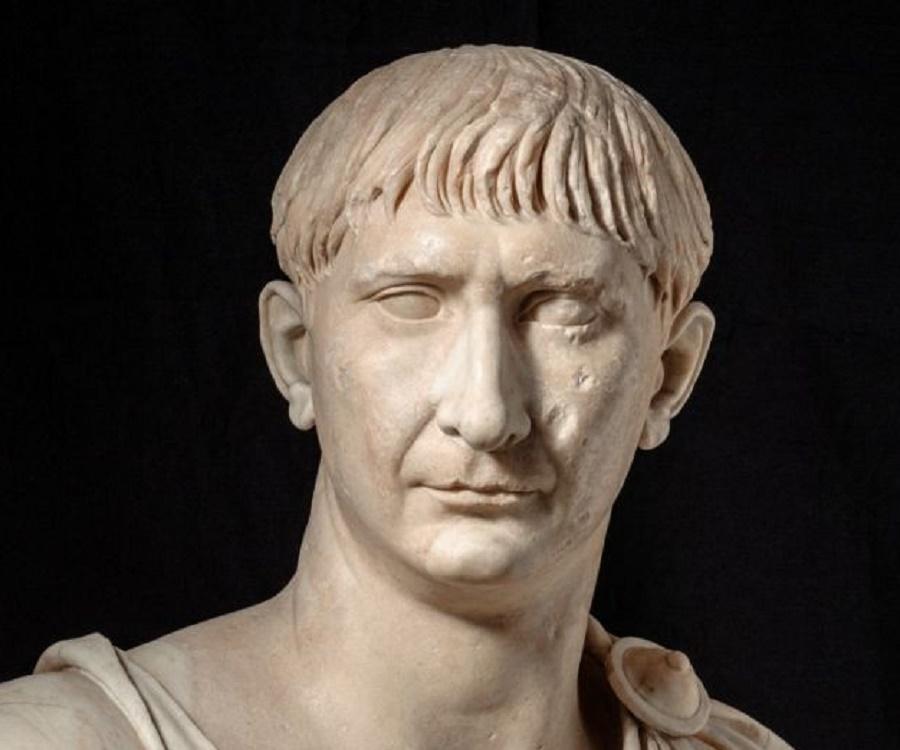


/equestrian-statue-of-marcus-aurelius-on-the-capitoline-hill--rome--italy-530250402-59f9369168e1a20010e29390.jpg)
